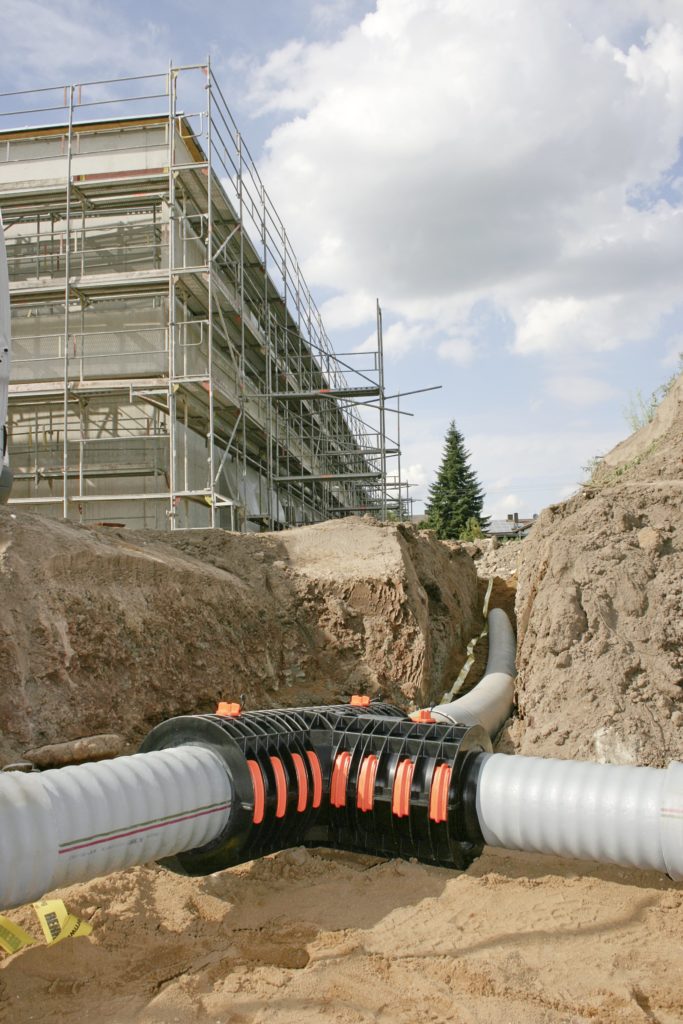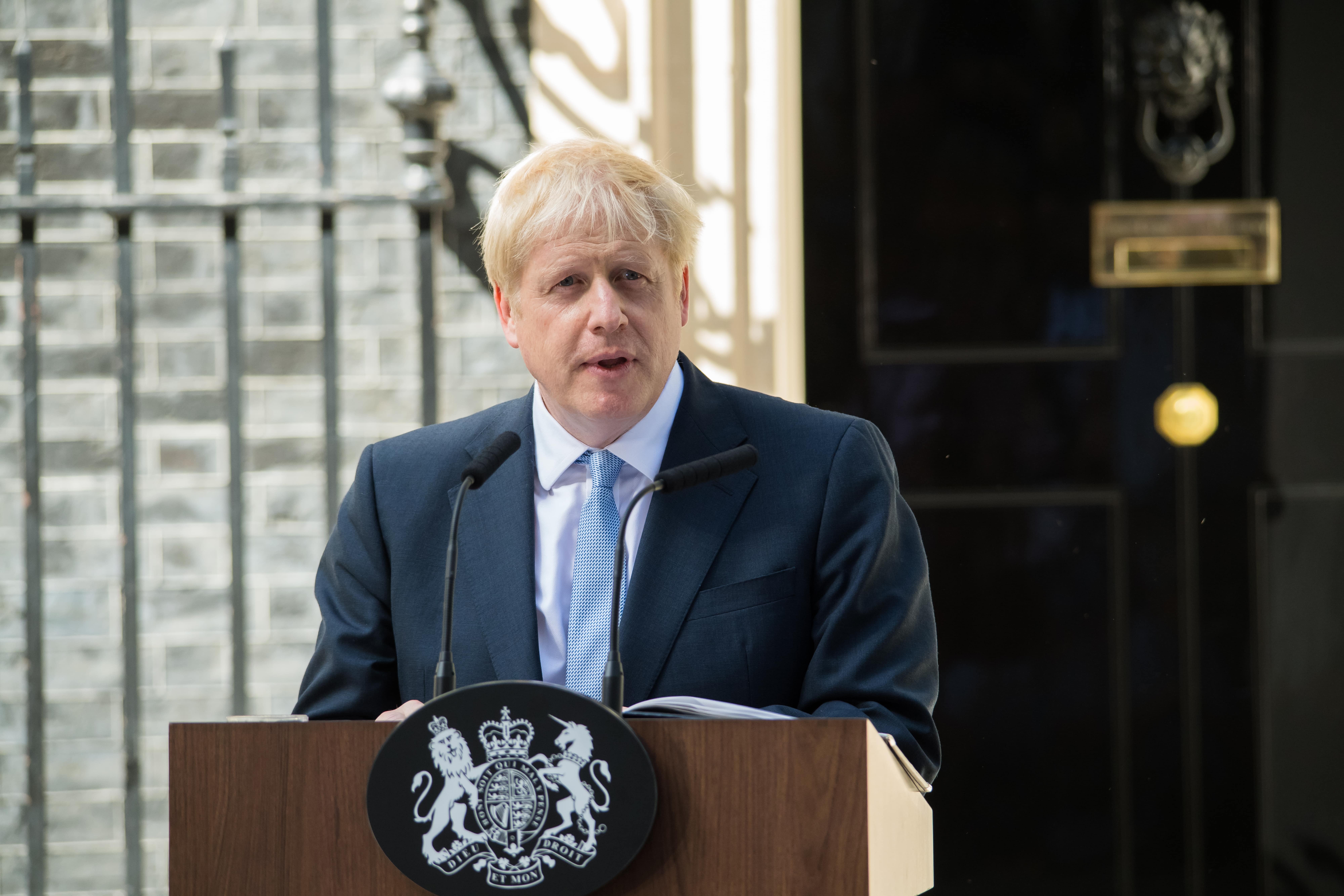News - Construction News
Extra Measures to Support Heat & Buildings Strategy

The UK Government’s new Heat and Buildings Strategy is a welcome development when it comes to decarbonising the UK heating sector. However, it needs to be supported by further policy if net zero is to be fully achieved, according to the REHAU Group.
The long-awaited strategy was launched earlier this month by the Department of Business, Energy and Industrial Strategy (BEIS), with the £450 million Boiler Upgrade Scheme being the centrepiece to the development. As of April 2022, home owners will be eligible to apply for grants of £5000 to install heat pumps, with the intention of driving down the cost of clean heat, as well as reducing dependence on fossil fuels.
However, REHAU has advised that greater scope will be necessary if climate targets are to be achieved.
Steve Richmond, Head of Marketing and Technical at REHAU, said: “The Boiler Upgrade Scheme is a really positive development for the uptake of cleaner technology. However, at £5-6K funding per heat pump, we’re only providing scope for a maximum of 90,000 installations. The UK is currently installing roughly 35,000 each year, so we need to be more ambitious if we are to reach the Prime Minister’s target of 600,000 heat pumps per annum by 2028.
“With increasing installations, the Government’s ambition is to reduce the cost of heat pumps by 25-50% by 2025. However, the number of trained installers and manufacturing costs are likely to be a challenge here. The Government has signalled that they want to see more local manufacturing for low-carbon solutions, and REHAU has been manufacturing its pre-insulated RAUVITHERM pipe since 2012, which is used for both heat pumps and district heating.”
District heating networks also feature heavily in the strategy, with a £338 million investment in the Heat Network Transformation Programme set to take place between 2022 and 2025. Other measures such as the £150 million Home Upgrade Grant have been put in place to help off-gas grid homes achieve a reduction in their carbon emissions.
With the Future Homes Standard also set to ban gas boilers in new builds by 2025, heat pumps and district heating networks are expected to become the new standard for residential heating. Growing uptake of low-carbon heat sources has in turn led to increased demand for energy-efficient heat distribution solutions, such as underfloor heating and cooling or Thermally Activated Building Structures (TABS), which make use of a building’s natural structure to both heat and cool.
Steve Richmond concluded: “With the decision on hydrogen’s future being pushed back to 2026, there is a greater need than ever to evaluate our path to net zero. The launch of the Government’s Heat and Buildings Strategy is a vital step in this journey but cannot bear the load of this challenge alone. Only through the support of other initiatives will we achieve a net zero Britain.”
If you would like to read more stories like this, then please click here
Related Articles
More News
- New National Housing Bank
4 Jul 25
Hundreds of thousands of extra homes will be delivered thanks to a bold new government-backed
- Homes England acquires Ripon Barracks from MOD
3 Jul 25
Homes England has acquired land at Ripon Barracks which will be developed into 1,300 new
- University joins forces to address critical construction and housebuilding skills gap
2 Jul 25
The University of Salford is collaborating with Cube Thinking to support Barratt Homes in bridging the shift in skills requirements.






